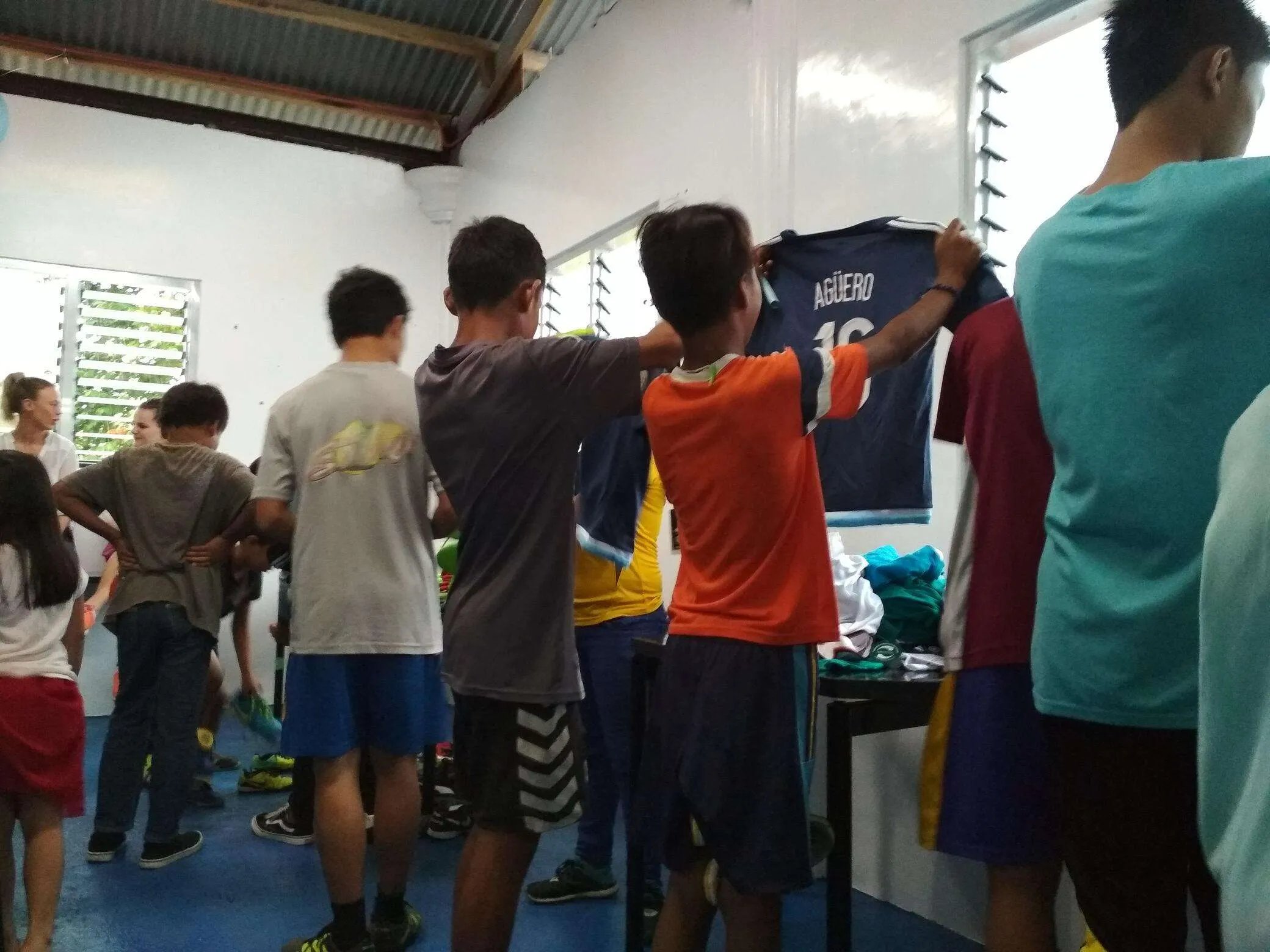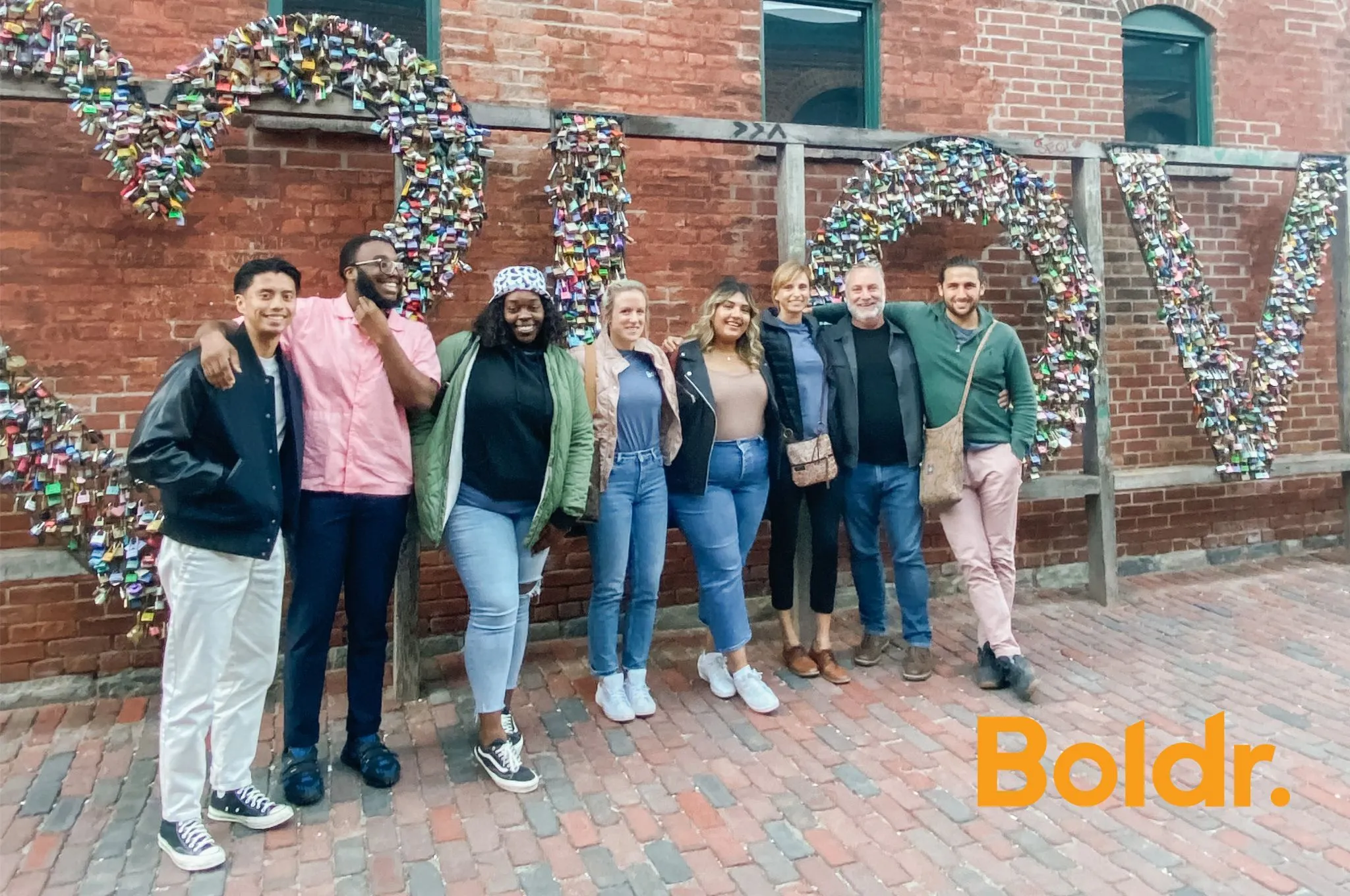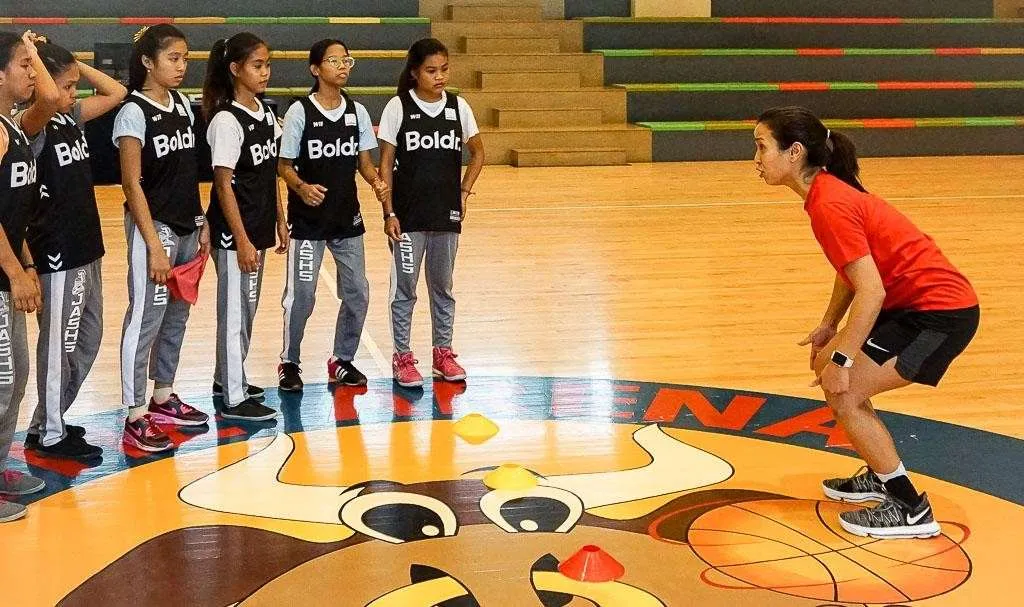My name is Gizele Kaw and I’m an Impact Advocate at Boldr. This means that I’m responsible for building relationships with Boldr’s nonprofit partners, helping the youth in our local community to thrive. Recently, I had the opportunity to spend a week with Streetlight Philippines, a Norwegian-based nonprofit headquartered in Tacloban, Leyte.
I was thrilled to learn about Streetlight’s projects, get a behind-the-scenes look at how an NGO works and, of course, spend time with the children. Left without adult supervision, street children in the Philippines are at risk to be exposed to violence, sexual abuse and exploitation, STIs or HIV/AIDS, and drug addiction. Since its inception, Boldr has committed to connecting its workforce to social good. Given the grim reality of far too many street children in the Philippines, we knew that supporting at-risk youth would be one of our top priorities.
Streetlight Philippines was established in 2004 with a mission to change the world for one child at a time. In 2016, Streetlight founder Erlend Johannesen received the Presidential Award for Outstanding Foreign Individuals for his commitment to rescuing orphans and street children from drugs, crime, starvation, and prostitution.
Erlend’s commitment to supporting children began when when he was 21, and stumbled upon Tacloban. He was waiting for a bus when he noticed a funeral procession. Upon closer inspection, he was shocked to see that the people carrying the coffin were children and young teenagers. The body belonged to their friend. They had pieced together a makeshift coffin out of rubble and pieces from the beach.
“What I witnessed played over and over in my head. I remember thinking, ‘Children burying children. It’s as wrong as it gets,’” Erlend says. “There and then I decided: If 10-year-old children can show this much compassion, love, and care, without having received it for themselves, how much more me? And such started my life with these wonderful children.”
This level of commitment has really set the tone and focus for Streetlight Philippines, and I was so impressed with his organization’s focus. During my stay in Tacloban, I learned a lot, both professionally and personally. I’d like to share some of them with you.
3 Insights from Tacloban
1) Building trust through language is key
One of the programs they organized was called “Streetwalk.” Volunteers from Streetlight would literally walk the streets at about 8:00 in the evening and meet the children. It was a simple exercise of introducing oneself and getting to know the kids. But I could tell it meant a lot to the community, as well as to the participants.
The volunteers would greet the children in Waray, the local dialect. I was moved to see that whether the children were roaming the streets or sulking in a corner, they would drop whatever they were doing to interact with the volunteers. I saw it as a big impact, a way of bringing hope to people. It was a reminder that they’re not forgotten, and that, despite their status, are still valued by others.
Having a shared language built trust. Streetlight founder Erlend would go on these walks and speak Waray in his own quiet and reassuring way. Volunteers were accompanied by a translator who spoke Waray fluently. A simple thing like this, speaking the local language, goes a long way in showing the community that you’re sincere in wanting to help and build a genuine relationship with them.
Witnessing the interaction between children and volunteers was heartwarming. You could see and feel that these children just want to be treated normally, not perceived as “poor” people, or how the media portrays them.
If you’re in social work like l am or want to get into social work, I think that having a hands-on approach is essential. Taking the initiative to reach out is crucial to earning the trust of not only the individual, but also the community.

Left: Volunteers dance with Streetlight founder Erlend’s two children, celebrating the completion of their work.
Right: Children enjoying the newly renovated clubhouse within the Streetlight compound.
2) Social work must come from your heart
It sounds cheesy, but it’s so true. I met a group of Streetlight volunteers who were studying social work in university. They were helping to build a clubhouse for Streetlight’s events. When I asked them why they were volunteering in Tacloban, their answer was unanimous. They loved kids and wanted to give back. In Norway, they told me, there are no street children. An unthinkable concept to me! But even though the reality of the slums was far removed from theirs, they were very much aware of their privilege and wanted to give back.
This struck a chord with me because I haven’t always been committed to social work. I came to this profession by chance and, in all honesty, it’s been challenging to learn as I go. There have been times when I would question why I’m doing what I’m doing. The truth is, I’m working to develop my skill of altruism. And I realized that this is partially the result of how society addresses poverty. As the impoverished communities in the Philippines continue to grow, efforts from the government are minimal.
Change cannot happen overnight, and meeting these volunteer students reminded me why we do this work at all. However small our contribution is, it makes a big difference to these kids. Knowing that I helped gives me hope that they’ll be able to surpass their situation.

Photo: At the opening of Phoenix FC Clubhouse, Streetlight’s football club, children pick out jerseys that they like.
3) Find a community of like-minded people to make the most difference
At Streetlight, I sat as an observer in many meetings. Discussions included their activities for the day, like the lunchtime program or afterschool tutorial sessions. What I noticed right away was how open and collaborative their communication was. Everyone, from all departments, were present and actively participating. I could see that everyone was invested in these children. So even if they seemed tired from running around all day, the truth was that they were genuinely happy and fulfilled in their work.
As I saw this happening, I became really excited at the thought of growing our own Impact team at Boldr. Our company is still young, with big plans for the coming year. While we’re not a nonprofit like Streetlight, we have a strong purpose to make a positive and measurable impact on our Clients, Company, and Community.
At Streetlight, it’s clear that everybody, from the executive director to the social workers, are incredibly focused on their mission. This spirit permeates their culture and drives how people act. I was so inspired, and hope to work with our Leadership team to continue building our purpose-driven culture at Boldr. We have a HUGE goal of changing an industry by reminding people that by doing business better (treating people well and investing in our local community), we all win. At Boldr, we’re hoping to build the type of all-in culture Streetlight has.
Final Thoughts
I’m grateful to Streetlight for this experience. My stay at Tacloban, albeit short, was very rewarding and insightful. I gained a better grasp of how NGOs fulfill their mission and got a glimpse into life as a social worker. I hope to apply what I learned to our impact work here at Boldr and, hopefully, make a big difference in the lives of the children we serve.
Let us know how we can help, and we’ll reach out to you in a jiffy.


